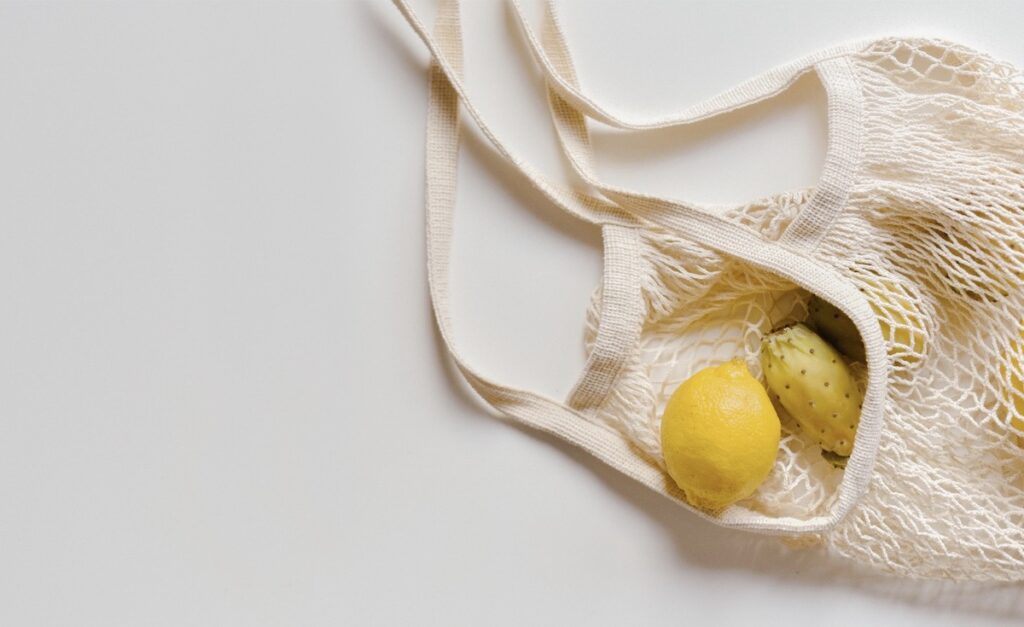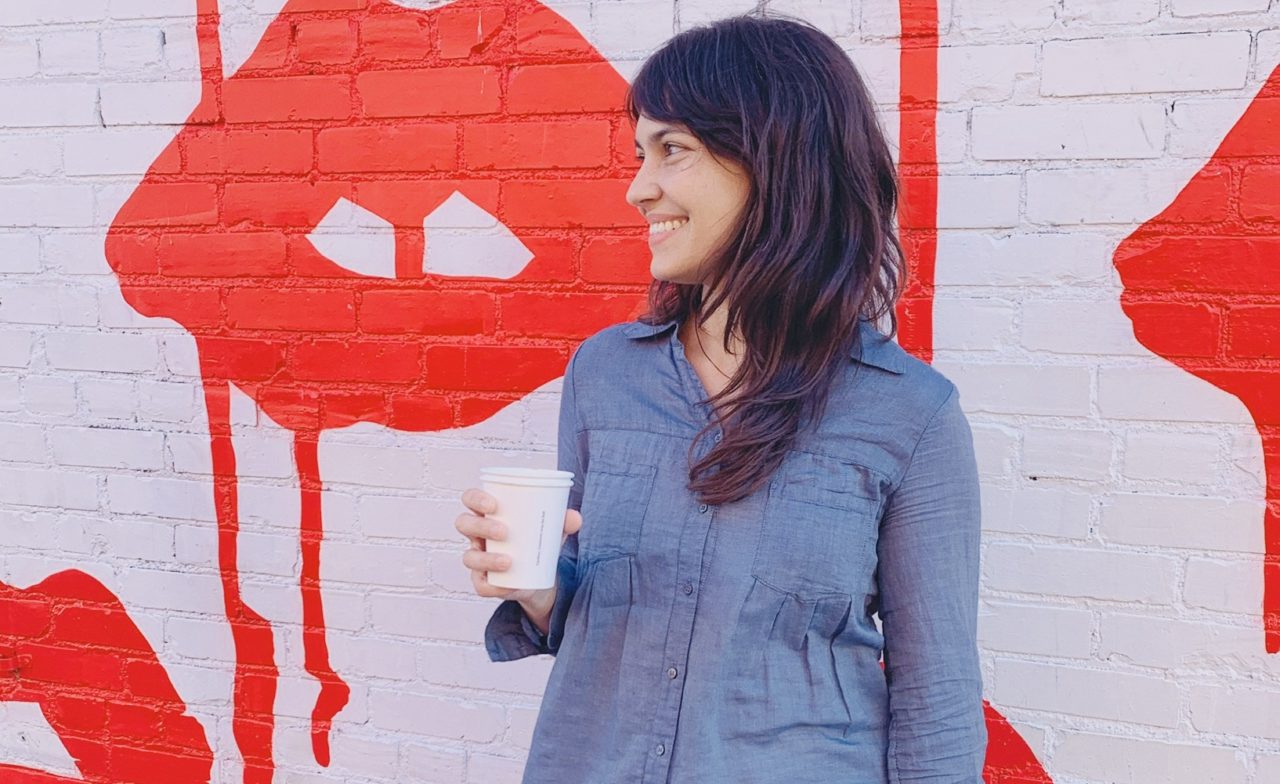Plastic Free July is a campaign that encourages us to look at our relationship with plastic. How much plastic do we use on a daily basis? Where can we make adjustments to switch to reusable alternatives?
This year especially, we’ve been confronted with the effects of climate change. Wildfire season is lasting longer (EPA), the heat dome is bringing unseasonal heat to normally temperate areas like Portland, OR, and 37% of heat related deaths can be attributed to human caused climate change (Nature Climate Change).
Climate Change and Plastic
What is the link between plastic and climate change? Manmade plastic products are made from fossil fuels; crude oil and natural gas. The process to make plastic is extremely energy intensive comes with it’s unique hazards to the environment. Since 1950, 9.2 billion tons of plastic has been produced (National Geographic). Depending on the product, plastic takes anywhere from 5 to 1,000 years to degrade. As it breaks down, plastic releases harmful chemicals into the environment. As it gets smaller, micro-plastics and nano-plastics infiltrate our food chain, water and air.
Plastic stays around so long because it’s a non-organic material, unrecognizable to the natural organisms who normally break down organic matter, i.e. your apple or a 100% cotton t-shirt (Live Science). As of this writing, no one knows how many nano-plastics there are in our environment, how they can affect our health, or if they will ever fully biodegrade.
Using Less Plastic
When you start to pay attention to packaging, you can’t unsee the excess of plastic that is being created simply to be thrown away. Shopping becomes a bit of a challenge when you try to avoid products with unnecessary packaging. However, opportunities abound to reduce or eliminate how much plastic we consume. Whether it’s a pair of nylon blend yoga pants or a straw, there are better alternatives that will help reduce the amount of plastic we dispose of.
When you’re busy shuttling kids to soccer practice and figuring out what’s for dinner, it can be hard to find time to research and shop from brands who are going plastic free. Love Local is here to help! Our sustainable brand directory is full of small businesses who are doing things differently. The companies you’ll find on Love Local are dedicated to creating less waste. Many are focused on using less or no plastic at all. Some have “take back” programs when you’re finished with their products, and most are socially conscious and active with local and nationwide non-profits. What they all have in common is a love and respect for the environment and a sense of responsibility for the wellbeing of their customers.
Below is a round up of our current favorite companies using zero plastic in their products, packaging and shipping materials.
Housewares
Zefiro is a Chicago based, women-owned business focused on products that are easy swaps for single use items we use everyday. From beautiful glass storage jars and biodegradable dish cloths, Zefiro carries everything you need for a zero waste kitchen, cleaning routine, bathroom and more.
Pura Stainless was created by parents who wanted to eliminate the plastic waste baby bottles create while protecting their kids from exposure to chemicals in plastic. As the name suggests, Pura Stainless makes stainless steel beverage bottles for everyone from infants to adults. Pura’s silicone interchangeable tops makes each bottle adaptable and safe for every stage of growth, from nipples to sippy tops and straws.
Kindle Candle Co is a women-owned business that creates beautifully scented candles, lip balms and body oils. Each Kindle Candle is made with GMO-free coconut wax and scented using essential oils, keeping your air free from harmful synthetic chemicals. Kindle’s organic beeswax lip balms are packaged in biodegradable cardboard and if you’re in Atlanta, the glass body oil jars can be returned for a discount.
Marley’s Monsters has put Eugene, OR on the map! This family owned business focuses on producing cloth alternatives to items that are used in our every day lives. Marley’s Monsters creates reusable products for home, baby and beauty.
Sage Refill Market was born during the pandemic and brought zero waste products and refill stations to the west side of Nashville, TN. Family owned and operated, Sage focuses on procuring environmentally sound items from local businesses. Sage is invested in and passionate about helping educate Nashville customers about low waste living.
Roots Zero Waste Market is the first zero waste grocery store in the U.S., lucky for those who live in Garden City, ID. Bring your own reusable containers or use theirs to stock up on everything you would expect to find at a typical grocery store, minus the plastic packaging and bags.
Beauty
Among the Flowers skincare products are the embodiment of the Sierra Nevada. Handmade with carefully chosen natural ingredients, nothing synthetic, Among the Flowers products will transport you into nature.
Little Seed Farm is a family operation located in Lebanon, TN dedicated to sustainability in every aspect of their business. Little Seed Farm gets 100% of it’s energy from solar panels, they source organic and natural ingredients for their products; the star being goat milk from their herd of goats. Little Seed offers zero waste shipping options, a jar return program and even uses compostable packing peanuts made from sorghum. Our favorites are the deodorant cream and the Orange Vetiver bar soap. Pro tip: if you live in Nashville, you can refill your deodorant cream at Sage Refill Market!
Kooshoo makes plastic free hair ties using organic cotton. Need we say more?
Apparel
Christy Dawn takes being a good steward of the earth to new heights, continually looking at where they can make the business more sustainable. Christy Dawn pieces are made with deadstock fabrics and organic cotton. The Farm-to-Closet collection is made with organic cotton grown on 24 acres of land the company leased in India where they work directly with organic cotton farmers and artisans to grow and create beautiful fabrics.
Rudy Jude creates apparel for women, men and kids using organic cotton, remnant denim and plant based dyes. Their earthy tones and easy fits will make you want to live in Rudy Jude pieces.
Bokk Baby crafts clothing for babies and toddlers using natural and organic materials like organic cotton, bamboo and hemp. Bokk Baby features a return program, they will take back items your little ones outgrow in exchange for a 25% discount on your next purchase. They also take gently used items of any brand and work with non-profits to give them a second life.



